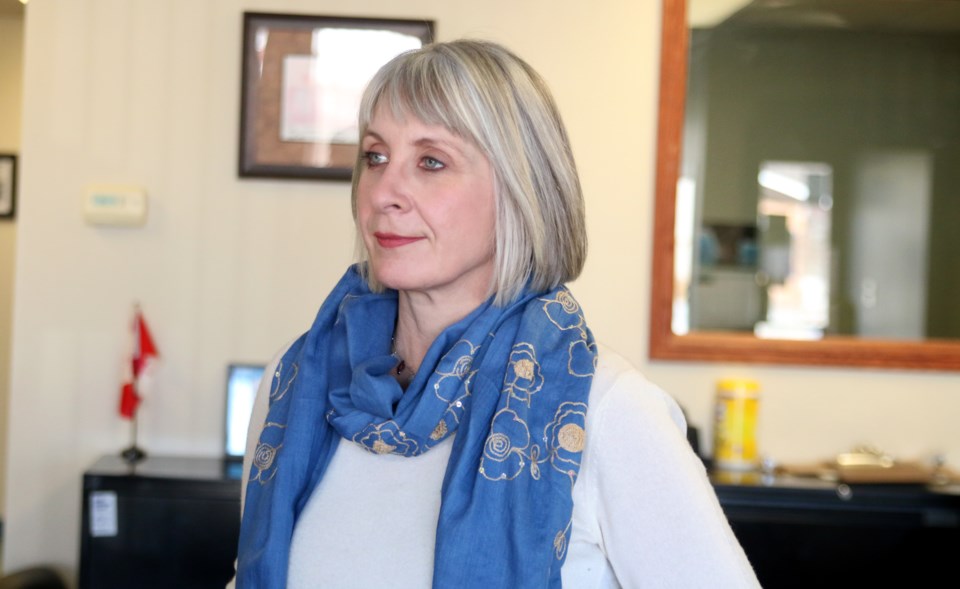THUNDER BAY – Canada’s new agreements to secure millions of doses of potential COVID-19 vaccines is good news, says Health Minister Patty Hajdu – but the Thunder Bay MP looked to temper expectations, saying the vaccines remain unproven and likely at least a year away from availability, in a best-case scenario.
“It’s going to be a long process, and that’s very difficult news for all Canadians,” she said Thursday.
The federal government announced the day before that it had come to separate agreements with pharmaceutical giants Pfizer and Moderna for access to COVID-19 vaccine candidates.
Both recently entered Phase 3 clinical trials, in which they will be tested on tens of thousands of people, with results expected before the end of the year. The companies have reported encouraging results from earlier, smaller trials.
The government is likely to sign similar deals with other companies to maximize its chances of securing access to a successful vaccine as quickly as possible, Hajdu stated.
“They likely won’t be the only ones that we’ll put money towards, but they’re promising,” she said. “Canadians expect us to be aggressive in this space and to be able to procure vaccines when they become available.”
The science around the effectiveness of potential COVID-19 vaccines remains unclear, Hajdu said, but the massive global drive to find one made success more likely.
“It’s hard to determine at this point in time which vaccine will be successful – my guess is there will be a number that will be successful,” she said. “But there are a number of viruses that circulate around the world now that we don’t have a vaccine for.”
“I think what’s promising is that we have so many researchers so invested in finding a vaccine, that we have a very strong focus worldwide, and that will help.”
If and when a vaccine earns regulatory approval from Health Canada, Hajdu anticipates the government will face some difficult decisions on who gets access first, as production ramps up.
“We’ll have our own challenges domestically to determine the prioritization of who gets the vaccine,” she said. “Should it be front-line health workers and people with vulnerable health conditions? Older people? Children?”
Those decisions will be guided by the government’s new COVID-19 Vaccine Task Force, made up of academic experts and pharmaceutical industry leaders, she said.
